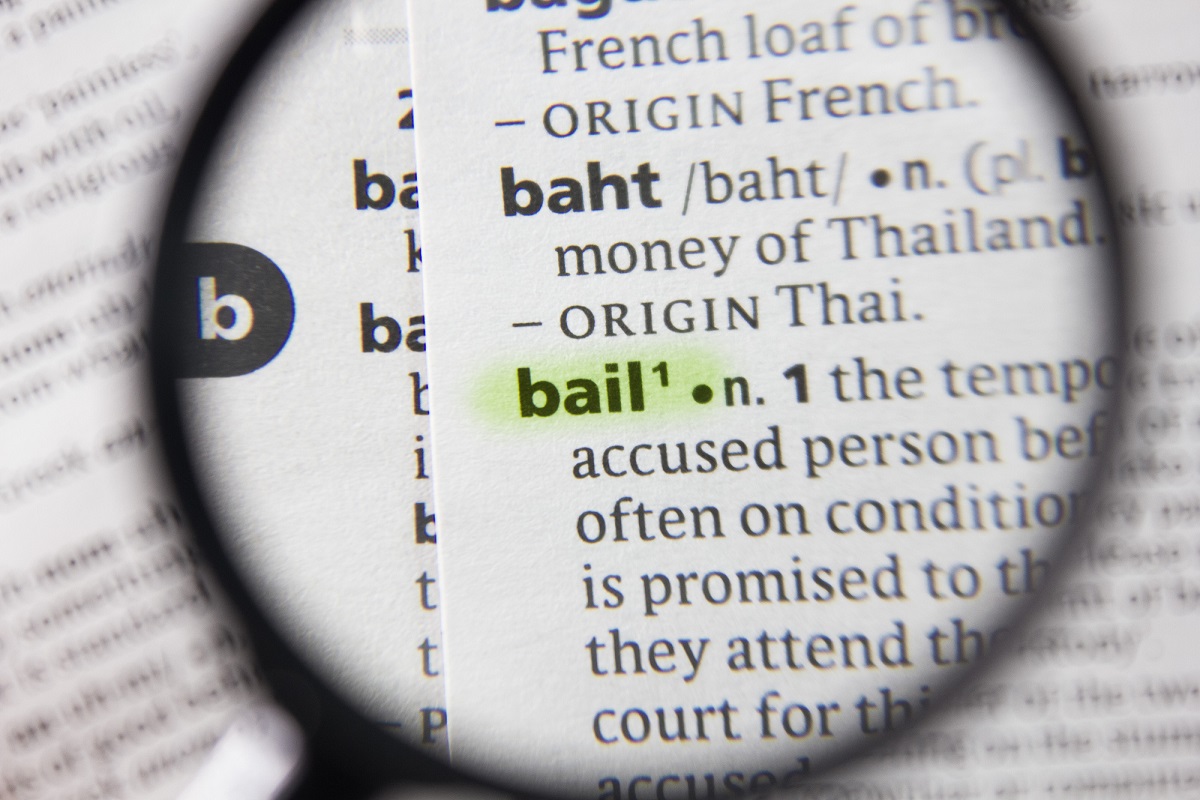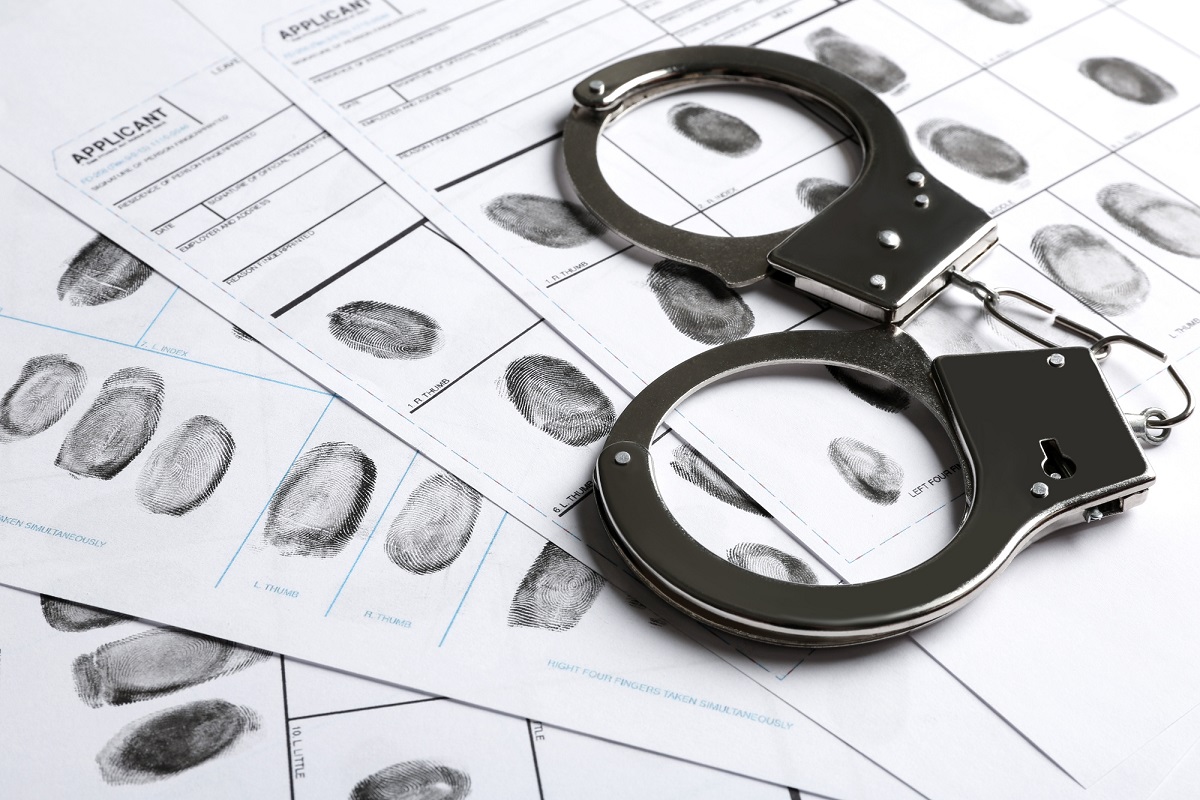Contents of this Post
ToggleFacing a criminal charge can be a stressful experience. Staying in prison—even for one night—is harrowing. However, there’s no need to panic. The rules and procedures for criminal cases will provide you with enough time to seek legal assistance and build a strong defense. And even before your case officially goes to trial, you can post bail to regain your freedom.

An accused can post bail while their case is pending in court. The judge will set the bail amount, and once paid, the accused will be released from custody on the condition that they must appear at the court’s scheduled hearings and trial dates. This article will tell you everything you need to know about posting bail:
Who Sets The Bail Amount?
Only a judge can determine the amount through a bail hearing. During the bail hearing, the judge will consider several factors, such as the severity of the crime, the accused’s criminal history, their likelihood to flee, and their ties to the community.
However, not all offenses would require a bail hearing. A standard bail schedule is followed in most states, wherein a predetermined amount is set based on the crime committed. The bail schedule usually covers minor traffic violations or misdemeanors. In these cases, the accused can pay the bail directly to the jailhouse.
Methods Of Payment: Cash, Property, Or Surety Bail
Generally, the accused must pay bail in cash. But in cases where the accused cannot afford to pay out of pocket, other options exist to secure their release. It includes:
- Property Bail – The accused can pledge properties or assets instead of cash. To be accepted, the property’s value should be equal to, or more than, the bail amount. Real estate, jewelry, and other valuables may be used as property bail.
- Bail Bonds – If the accused doesn’t have enough cash or properties to cover the bail amount, they can seek the help of a bail bondsman who will provide the total amount in exchange for a non-refundable fee. The fee would range from 10 to 15% of the bail amount. Most bail bond agencies are ready to assist 24/7 and can help regardless of the offense charged. If you’re posting bail in Long Beach, you can get help from a trusted bail bond agency.
An accused may also contact family members and friends for support and financial assistance in posting bail. Still, the assistance of a bail bondsman may be done as a last resort.
Can Bail Be Denied?
While an accused has the right to be presumed innocent until proven guilty in court, posting bail is not a guaranteed right. The Eighth Amendment in the US Constitution prohibits excessive bail, but it does not guarantee that courts will grant it in all cases. Thus, the judge has the discretion to deny bail.
The decision to grant or deny bail is based on the same factors mentioned above, such as the severity of the crime, flight risk, and potential danger to the community. The judge may also grant bail with certain conditions, such as house arrest or electronic monitoring. Additionally, the judge can order the accused to undergo drug or alcohol testing.
What Happens If You Don’t Attend Subsequent Court Hearings?
Remember that bail is granted on the primary condition that the accused will attend future hearings and trial dates. If the accused fails to appear on the scheduled dates, the judge can forfeit the bail and order the arrest of the accused.
In cases where a bail bondsman assisted in posting bail, the bondsman will be responsible for securing the accused’s appearance during the trial. The bondsman can rightfully apprehend the accused and surrender him or her to the authorities.
Once the accused is apprehended, he or she will be imprisoned while the trial is ongoing. However, the bondsman’s responsibility doesn’t end with the surrender of the accused, as they must also ensure that the accused attends all court hearings until the resolution of the case.
In Summary
Posting bail can allow an accused to regain freedom while waiting for the case to be resolved. But before posting bail, an accused must know the exact amount to pay. If a standard bail schedule does not cover the offense, then the accused must wait for a bail hearing, where a judge will determine the appropriate amount.
Bail is also not a guaranteed right. The judge may deny the application of bail if the accused is deemed a flight risk. While bail is paid in cash, an accused may pledge properties or seek the assistance of a bail bondsman if they cannot afford to pay the full amount.

